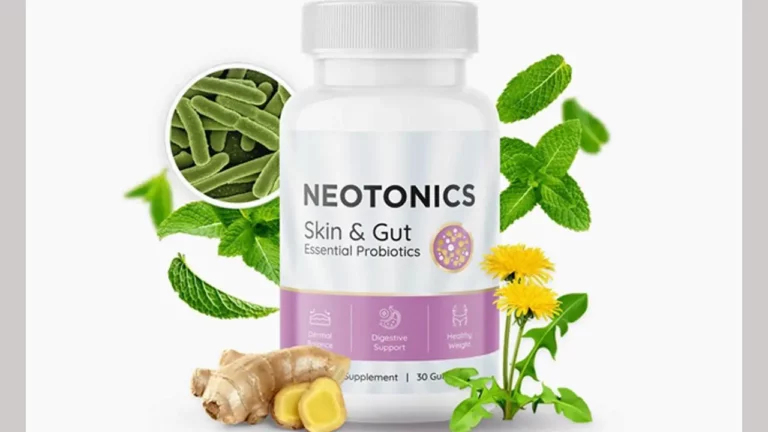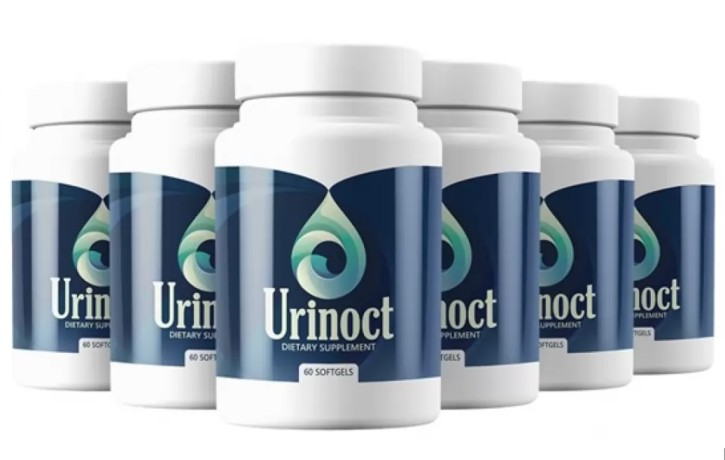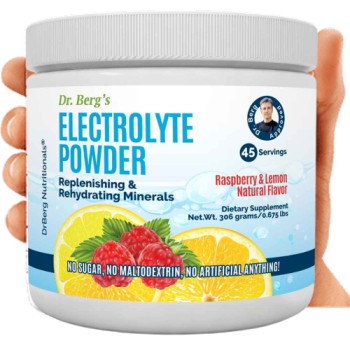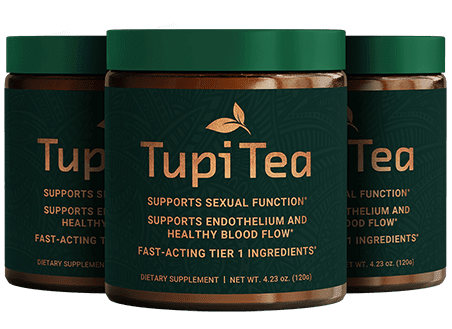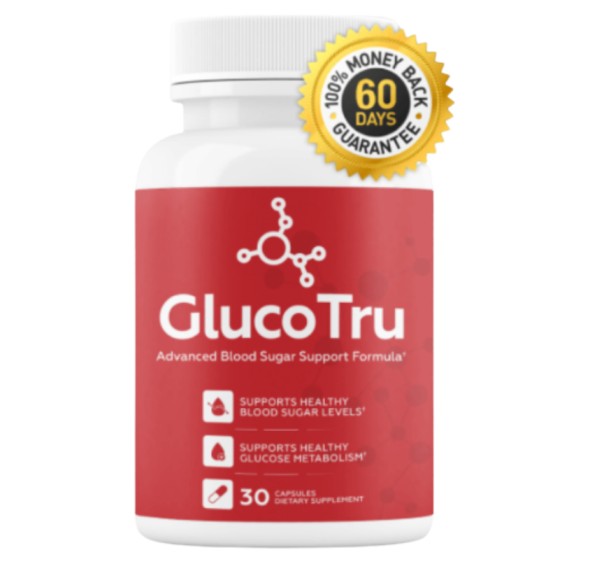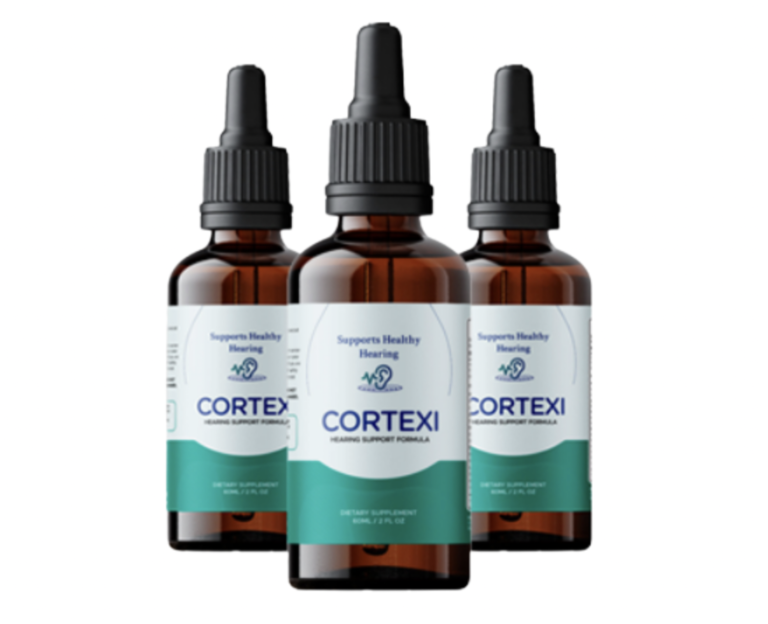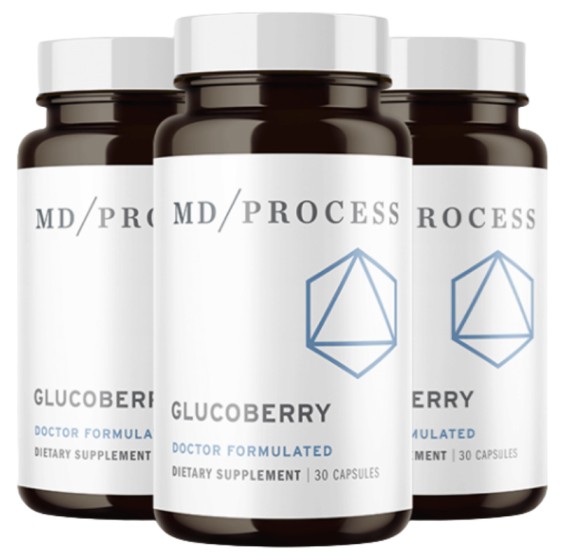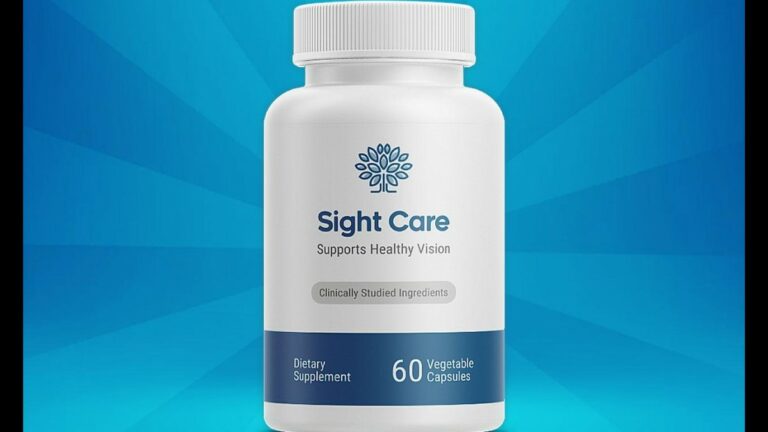Neotonics Review: Ingredients, Side Effects & Feedback
Neotonics emerges as a groundbreaking research-based supplement, meticulously crafted to foster healthy skin and gut. Its inception is rooted in the understanding of the intricate connection between skin issues and digestive health. By targeting the root cause of skin problems, Neotonics offers a holistic approach to wellness. The supplement boasts a unique formulation enriched with…

